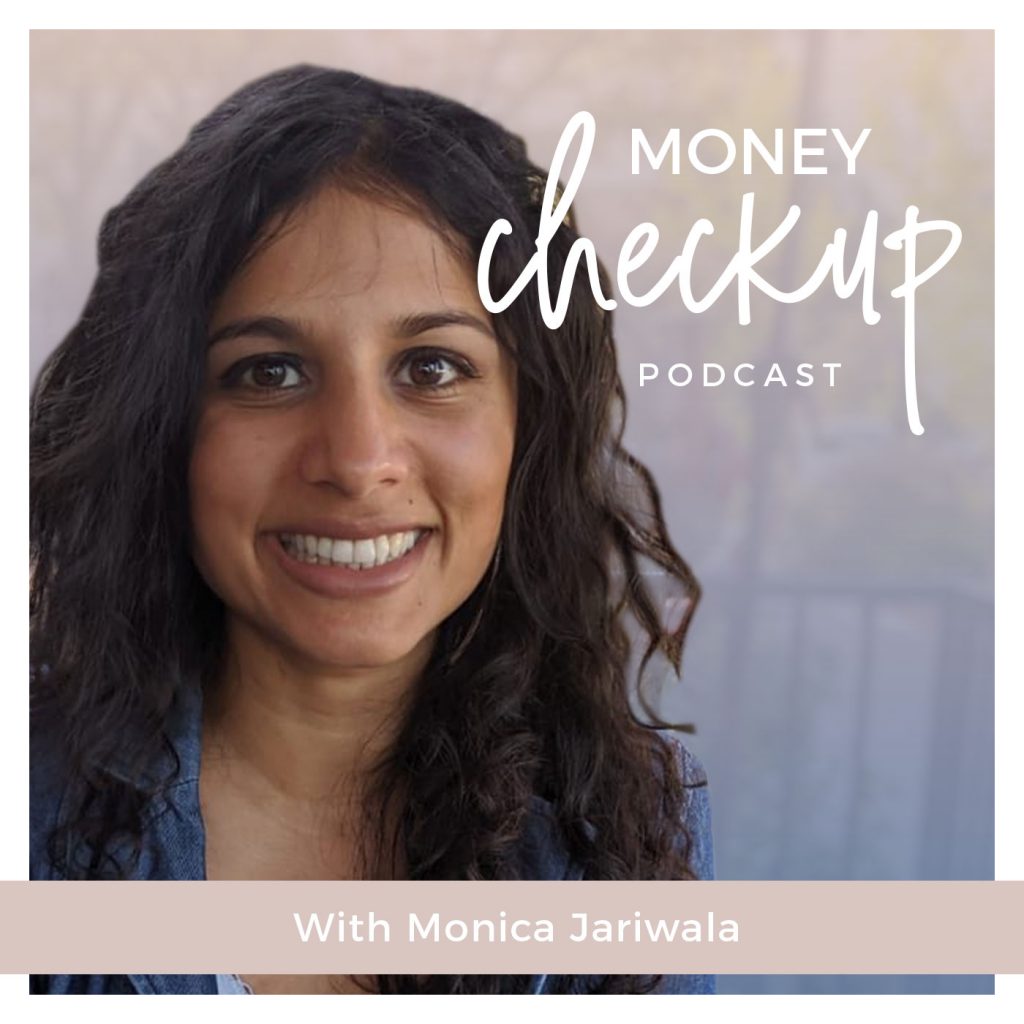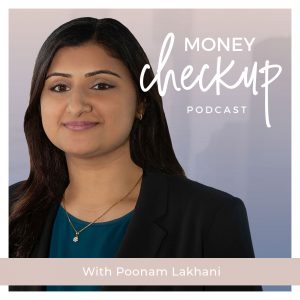Kids around the country have been out of school for weeks now and may not return until the fall. Monica Jariwala, a high school teacher, joins us to talk about what teens are experiencing during the COVID-19 pandemic and how families can help support them.
“I can tell from my students: They want to be back. They want to see their peers, they want to go to class, they don’t care about waking up early anymore. They just want to go back to being normal.”
Thanks to all of our teachers, for whom many parents are developing more respect than ever as they try to help kids learn from home!
ABOUT THE GUEST:
Monica Jariwala is a National Board Certified English Teacher at Monte Vista High School in the San Francisco Bay Area, where she teaches Literature, Film and AVID. She has a master’s degree as a reading specialist from St. Xavier University. She is also Anjali’s sister.
EPISODE HIGHLIGHTS:
- In Monica’s district, prior to the start of remote working, administrators surveyed students about their Internet access and tools at home. If students had internet trouble, they were able to get WiFi hotspots from the districts.
- Every year, Monica’s students look forward to her film unit. They had to cut a lot of material from the curriculum and be extremely flexible to account for differing students’ needs and living situations, but students really wanted to discuss themes and scenes with each other.
- Breakout sessions with students have worked well, Monica says, because students can see each other face to face and work in small groups.
- Every week, teachers and students both seem to figure out a few more of the glitches involved in video calls, Monica says. But her students miss school and are worried about missing milestones like prom and graduation.
- Monica works with National Board Certification candidates, many of whom have kids of their own at home, and all of whom are now completing their certification remotely. She thinks remote learning could be used more often in the future.
- There is more room for educators to use the tools they’re learning during this pandemic, but Monica believes students and teachers alike benefit from being together in person.
- Some students tend to oversleep, but generally, Monica thinks they’ve been responsive to remote learning because they want to see their peers and teachers.
- Students, especially teens, may seem more down than usual as their lives are upended. Monica encourages parents and teachers to let counselors or other mental health professionals know if students appear to be struggling. She also suggests making sure kids get some fresh air every day.
STAY IN THE LOOP WITH US!
Do you receive our weekly e-mail? If not, I encourage you to sign-up on our homepage!
Do you follow us on social media? I’d be honored for your follow on Facebook, LinkedIn, Twitter, Instagram.
Do you enjoy our podcast? Please be sure to let me know and rate the show on Apple Podcasts!
If you loved this episode, here’s another I know you’ll enjoy too! MCU #35: Planning in Times of Uncertainty
QUOTES FOR SOCIAL SHARING:
“I don’t think you can ever get rid of the human connection piece, the face-to-face, but for now, this is better than just having [students] turn stuff in without any form of connection.”
“I can tell from my students: They want to be back. They want to see their peers, they want to go to class, they don’t care about waking up early anymore. They just want to go back to being normal.”
“Although this is all great for education, especially K-12, the human connection piece is still the most important part.”
“I think colleges, especially in our area, are very aware of this, and I know they’re not going to look at the semester and penalize students.”
“Students still need to have some sense of normal, so if they’re not able to see their peers, video chatting is great. I know social media hasn’t always bene good, but if it’s being used as a way to just connect to people, that’s always good. Going out for walks, or doing things they can to get some fresh air in isolation, that’s really, really important.”
“If students just seem more down than usual — if COVID-19 has really impacted the family financially or things like that — it’s good to kind of monitor students. If they seem like they need someone to talk to, or if they seem more down, reach out to the school, reach out to a support person that could talk to that student, because I know this is a really vulnerable time for kids.”
“Every day is different. This is our new normal, but sometimes it’s just a wacky day. Having students do their schoolwork, but also maybe taking up new hobbies, or things that interest them that they can do alone or with their sibling or with their parents, that could be really good and new for them.”
“I get it. It’s so sad, especially for eleventh and twelfth grade… But take this time to do what you’ve been wanting to do. We always say, ‘if I had more time, I would do this.’ We have the time, you know? If there’s any sort of hobby you’d like to do, or before going off to college, maybe, ‘I’ve been wanting to learn how to cook,’ this is such a great opportunity to do something like that. Connecting with family, connecting to friends in a different way.”
“We’re probably not going to get these times to be home anytime soon, so if we are home, if we have to be, what can we do to make the best of it?”




